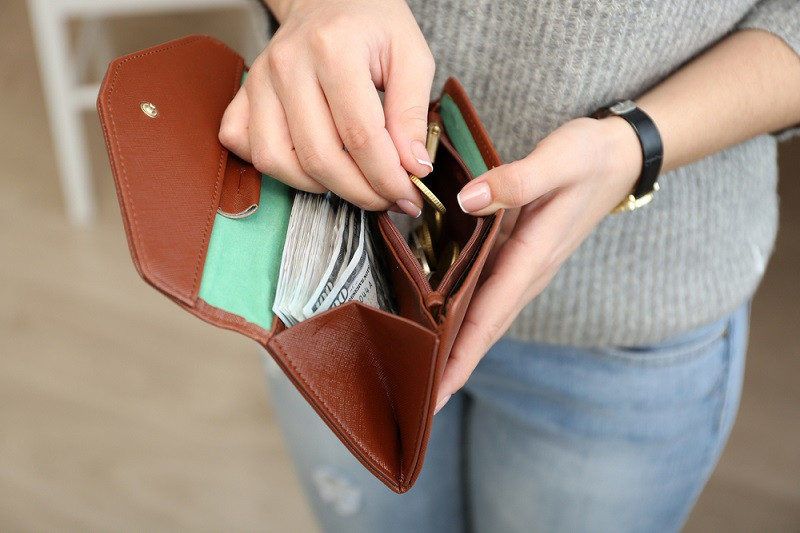Popular Reads
Top Results
Can't find what you're looking for?
View all search resultsPopular Reads
Top Results
Can't find what you're looking for?
View all search resultsCoronavirus in your wallet? How safe is cash these days?
There has been no specific research on whether COVID-19 can be transmitted through cash, but bills and coins do tend to carry germs, and luckily there are alternatives.
Change text size
Gift Premium Articles
to Anyone
Washing our hands routinely is one of the best ways to stop the spread of COVID-19.
There have been multiple campaigns urging people to wash their hands, touch surfaces with their elbows or tissue and routinely clean their gadgets.
In Indonesia, a video of a man washing his rupiah bills to avoid the virus has been making rounds in social media.
cuci uang dulu guys #COVID19indonesia pic.twitter.com/UnKz60tTcH
— e r l i n (@Erliensw) March 20, 2020
But is it true that money can spread the virus?
In general, bacteria and germs are indeed found on bills and coins and thereby passed quickly from one hand to another. However, there has been no specific research saying COVID-19 can be spread this way.
Recent studies reveal that SARS-CoV-2, the virus causing COVID-19, has a varying lifespan depending on the surface it lands on.
Read also: GoFood, GrabFood provide contactless food delivery amid COVID-19 spread
The virus may remain on plastic and steel for up to three days but does not survive on cardboard for more than one day or on copper for more than four hours, according to research published by the New England Journal on Medicine.
It is possible that the virus can land on the paper or metal surface of money when an infected person holding it sneezes, coughs or touches the money with contaminated hands. However, the virus has a limited a lifespan the moment it lands on an inanimate object.
As good hygiene practice, you should always be cautious if you touch money. Refrain from touching your eyes, nose or mouth afterward and wash your hands thoroughly with water and soap immediately after handling money.
If you don’t have any access to running water, alcohol-based hand sanitizer is considered adequate.
You can also opt for cashless transactions using e-money applications, credit cards or debit cards to avoid cash.
Though cards and smartphones can carry germs, they can be cleaned with sanitation wipes or alcohol. (gis/wng)











